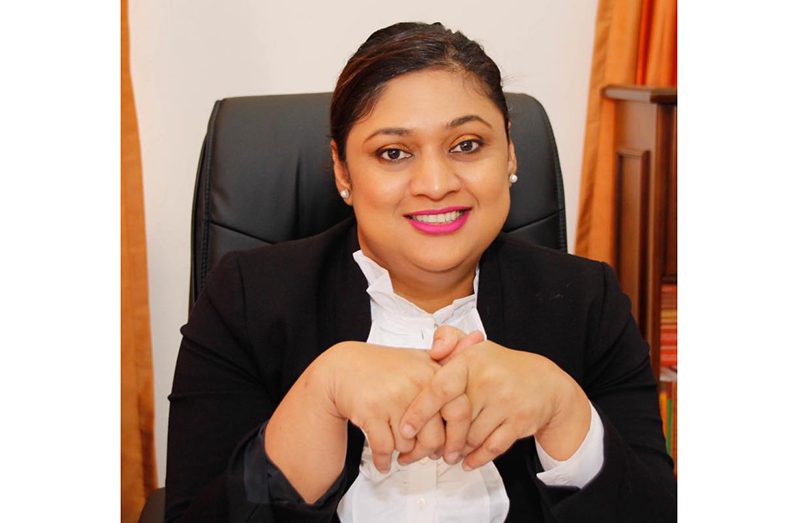–to train 1,000 teachers, equip them with technological devices
ENHANCED virtual education is expected soon, as the Ministry of Education has convened training for 1,000 teachers and procured over 1,000 devices to supplement this effort.
The initiative, which costs $174M, is being executed through a collaborative effort among the ministry, the Global Partnership for Education (GPE), and the United Nations Children’s Fund (UNICEF). The launch of this latest project was streamed live from the Ministry of Education’s Facebook page, on Tuesday.
Of the 1,022 devices purchased by the ministry, 1,000 will go towards Grade Seven teachers for the benefit of enhanced engagement with their students, and the other 22 are expected to be given to education officers so they could monitor the project. Sixty of those teachers will be ‘master’ trainers who will, in turn, teach the rest.
The services of UK-based Tablet Academy International have been secured through an open bidding process, according to Education Minister, Priya Manickchand, and the acquisition of laptops for teachers has also been done in the same process.

The ‘Tablet Academy’, an internationally recognized independent company, which offers consultancy, teacher-training, and student engagement services to the education sector, will be providing training to the teachers locally. According to the company’s Chairman and Co-founder, Steve Molyneux, who was present at the launch yesterday, the firm trains over 36,000 teachers each year, supports over 1,500 schools and provides learners with STEM enrichment workshops, all delivered remotely.
In delivering remarks, Manickchand noted that improving Information Communications Technology (ICT) became one of the government’s biggest priorities after it took office and with the onset of the coronavirus pandemic. “COVID-19 showed us in Guyana that using technology in the classroom to deliver education was a growing trend that would become important; it showed us how unprepared we were to meet anything else but the traditional method of delivering education,” she said.
Further, she added: “Regardless of how much had been invested, the fact that we had not prepared for the type of school where we would have to deliver education with most of our children and teachers being outside of the classroom in their living rooms; COVID-19 showed us how very unprepared we were.”
The ministry has since looked at every possible way of delivering education in an untraditional way to the country’s student population of 170,000, and has taken giant steps in refashioning the learning channel, using the radio, and writing, printing and distributing worksheets in record time.
“The process of writing usually takes months, sometimes years and we did it in a few weeks,” she reasoned.
She was keen to point out that not just any teacher will be able to receive the devices, but only those who meet a strict criterion that is in place. She said that the introduction of technology will not stop when COVID-19 is finished, but that it will be fully incorporated into the system so that the education sector can be more effective at every level.
Director of the National Centre of Educational Resources Development (NCERD), Quenita Walrond, was also present at the launch, along with Deputy Chief Education Officer, Volika Jaikishun. “
We take a further leap towards a holistic approach to technological innovation, utility and support in the sector. Utilising the technology, teachers can collaborate with each other, their students, their departments and even central ministry at a few clicks,” Walrond said of the project, adding: “Today signifies a departure from the sole reliance on the movement and collection of paper for knowledge-building and information sharing.” Walrond offered that this online platform will utilise Microsoft Office 365 for education and that this initiative is a component of the COVID-19 Accelerated Funding Project (AFP), which seeks to support the continuity of learning for children across Guyana.
“The COVID AFP across its components seeks to provide the hardware, infrastructure, and supporting education through capacity building that will enable educators to deliver to and for their students, quality education inputs and experiences that are in sync with modernised delivery modes and the ability to better communicate with students,” she related.
She said that this project seeks to allow for the provision of an integrated online platform for teachers, principally for delivery of the curriculum, but with many other capabilities and applications.










